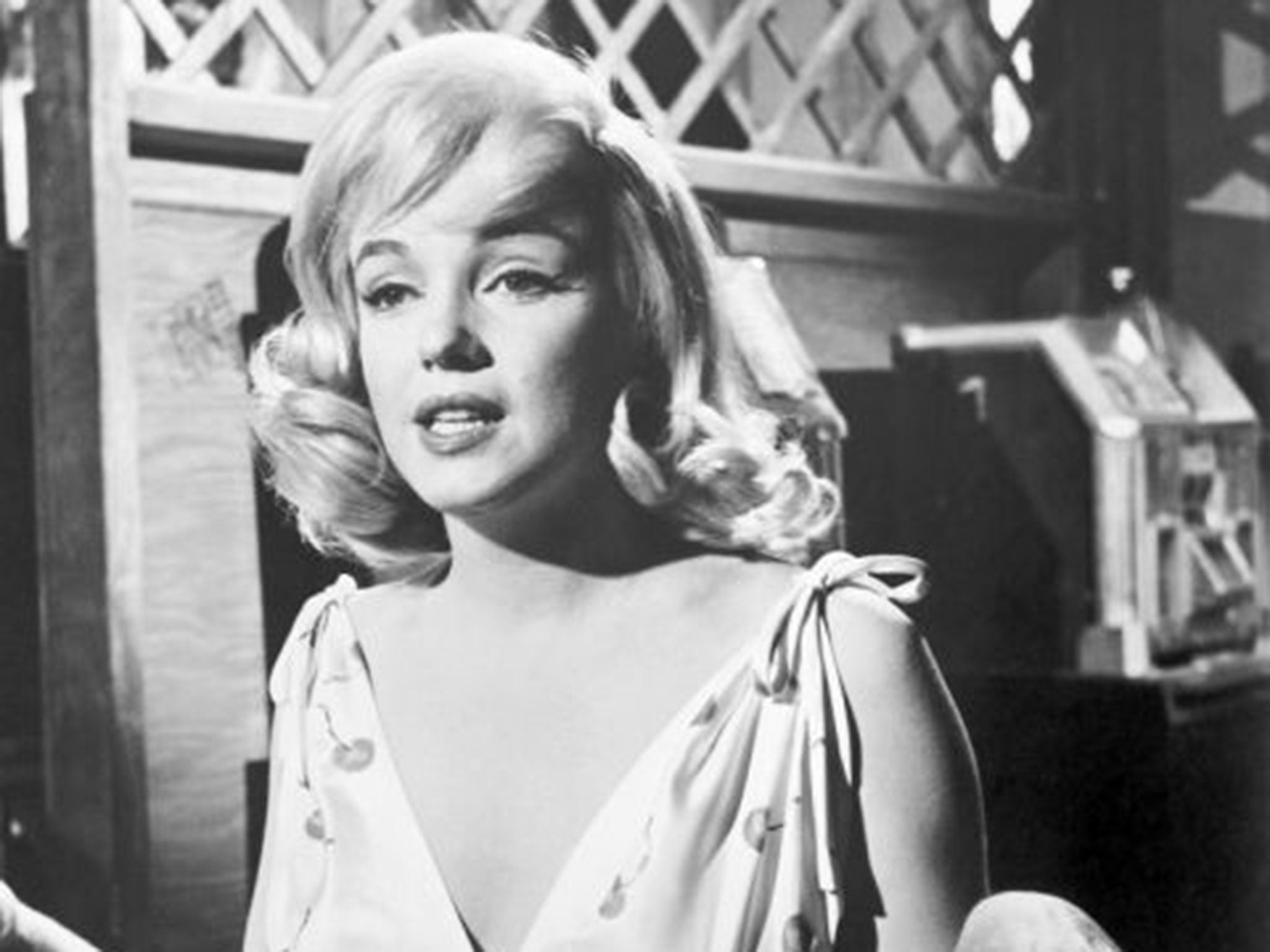The Misfits, film review: Marilyn Monroe gives an extraordinary performance
(PG) John Huston, 122 mins. Starring: Clark Gable, Marilyn Monroe, Montgomery Clift

Your support helps us to tell the story
From reproductive rights to climate change to Big Tech, The Independent is on the ground when the story is developing. Whether it's investigating the financials of Elon Musk's pro-Trump PAC or producing our latest documentary, 'The A Word', which shines a light on the American women fighting for reproductive rights, we know how important it is to parse out the facts from the messaging.
At such a critical moment in US history, we need reporters on the ground. Your donation allows us to keep sending journalists to speak to both sides of the story.
The Independent is trusted by Americans across the entire political spectrum. And unlike many other quality news outlets, we choose not to lock Americans out of our reporting and analysis with paywalls. We believe quality journalism should be available to everyone, paid for by those who can afford it.
Your support makes all the difference.It is instructive to read Arthur Miller's account of the making of The Misfits in his autobiography, Timebends. In his account, the film sounds calamitous. His marriage to Marilyn Monroe was breaking up. He had written the script for her but her behaviour on set was erratic in the extreme.
Under the influence of her acting coach Paula Strasberg, increasingly dependent on sleeping drugs and reluctant to stick to Miller's text, she almost caused the movie to be abandoned.
Against the odds, she gives an extraordinary performance. It's an artless one that at times seems phoney, but what she does convey in uncanny and febrile fashion is her character's power of empathy, whether it is her sympathy for the cowboys (Clark Gable and Montgomery Clift) out of kilter with a modern, wages-based world, or for the wild mustangs they plan to kill.
The film has an elegiac feel not just because of its subject matter but because it was the final film for both Gable and Monroe. In terms of John Huston's work, it prefigures Fat City in its treatment of machismo and alcoholism. There are also echoes of Miller's plays. With their yearning for an outdoors life on the plains, Gable's and Clift's characters have traces of Biff Loman in Death of a Salesman. Gable and Clift are exceptional in roles that celebrate and subvert their usual screen images.
Join our commenting forum
Join thought-provoking conversations, follow other Independent readers and see their replies
Comments